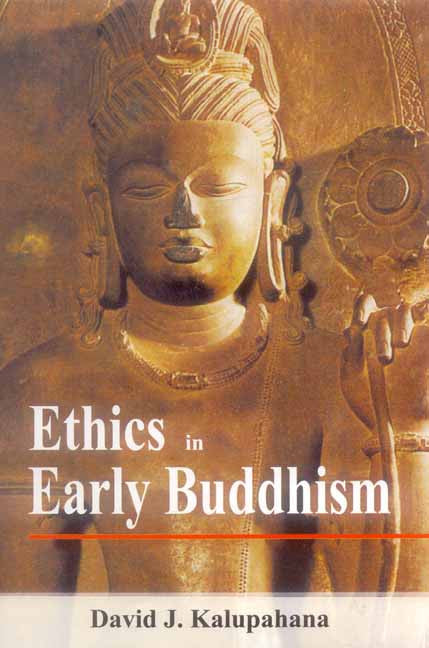Ethics in Early Buddhism
Ethics in Early Buddhism - Paperback is backordered and will ship as soon as it is back in stock.
Couldn't load pickup availability
Throughout the centuries, moral philosophers, both Eastern and Western, considered a permanent and eternal law a necessary requirement for the formulation of a moral principle. If such a law was not empirically given, it had to be determined through reason. In contrast, early Buddhism presented a radical theory of impermanence. Interpreters of early Buddhism have been unable to abandon the presupposition of permanence, however, and hence have persisted in viewing nirvana or freedom as a permanent and eternal state to be contrasted with the impermanent world of sensory experience and bondage. Ethics in Early Buddhism is David J. Kalupahana's balanced and brilliantly concise attempt to place the early Buddhist descriptions of the world of experience, the state of freedom, and the moral principle leading to such freedom within the framework of impermanence. Kalupahana begins by outlining the Indian philosophical background, particularly its deontological ethics and utilitarian traditions, and proceeds to analyze the presuppositions of these moral theories. A comprehensive description of the moral teachings of early Buddhism follows. Kalupahana goes on to demonstrate the application of the moral principle in the explanation of society, economics, politics, law and justice, and nature. The conclusion highlights the two most important metaphors used in early Buddhist discourse: the stream (of freedom).
Review(s)
About the Author(s)
David J. Kalupahana is professor of philosophy at the university of Hawai'i.
-
Pages
-
Edition
-
Size
-
Condition
-
Language
-
Weight (kg)
-
Publication Year
-
Country of Origin
-
Territorial Rights
-
Reading Age
-
HSN Code
-
Publisher




